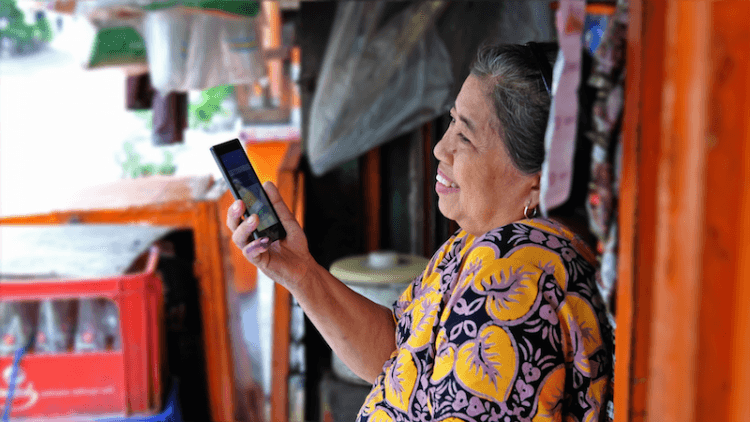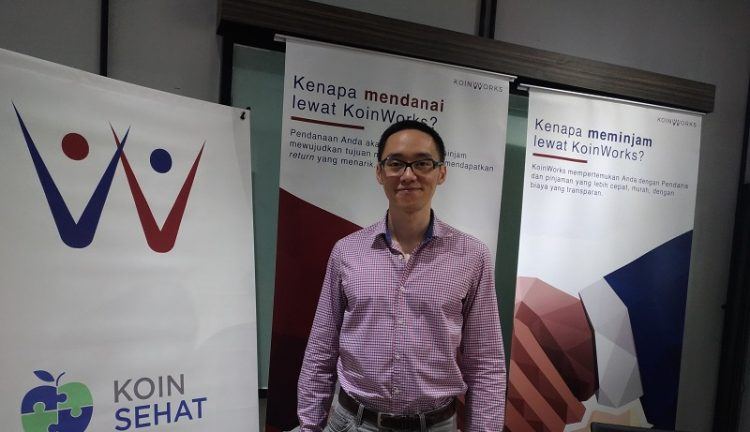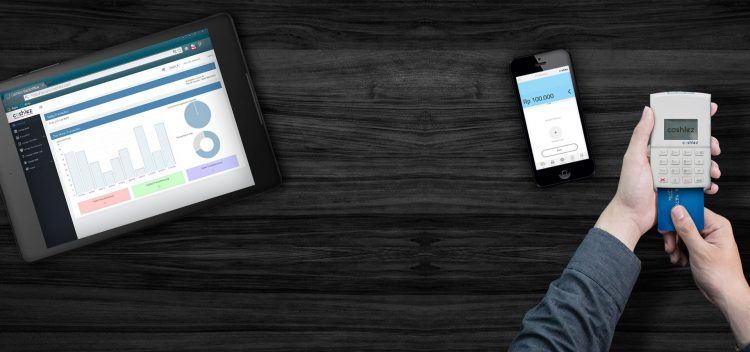
Photo credit: Unsplash.
Indonesia’s startup scene is a hotbed of innovation, and it’s attracting the attention of corporates. This is especially pronounced in the fintech industry. Traditional institutions are recognizing the importance of going digital, and are drawn towards working together with startups to fulfill the changing demands and needs of their consumers..
Collaboration is the theme of fintech conference Finspire 2017. Taking place on October 19 at Soehanna Hall in Jakarta, fintech organizations, financial institutions, regulators and digital experts will come together to share their knowledge, ideas, and insights on the financial services ecosystem.
The event is open to investors, founders, students, aspiring entrepreneurs, and startup communities. For fintech enthusiasts eager to get a glimpse of what’s in store, here’s a roundup of five up-and-coming fintech startups that have caught our eye:
1. Jurnal
Jurnal is a software provider that helps businesses save time, eliminate unnecessary entries and simplify the process for both enterprise owners and accountants.
The cloud-based accounting software offers features like instant report generation and affordable monthly subscription fees. With 57 million SMEs spread out across the country, Jurnal has a huge market to tap, and it’s seeking expansion through partnering up with companies and government institutions.
Jurnal’s most recent funding was in early 2016, where it raised an undisclosed series A round of investment from East Ventures, Fenox VC, and angel investor Budi Setiadharma. Earlier this year, it participated in Google’s Launchpad Accelerator program in San Francisco.
2. Cashlez
Targeted at local SMEs, mobile point-of-sale startup Cashlez solves key pain points that hinder these businesses from adopting cashless payment systems. Traditional electronic data capture (EDC) machines require a strong internet connection to process card payments, yet the lack of stable internet is a common problem in many areas across Indonesia. EDCs also require high maintenance costs which means that these machines are limited to high-end businesses.
Through Cashlez’s wireless card readers, local businesses have a chance at using cost-efficient digital payment solutions. A large unmet demand offers huge potential for growth; a significant portion of the 57 million micro, small and medium businesses across the country have yet to adopt cashless payment systems. And while there are 17 million credit cards and 113 million debit cards across the country, there are just about 1 million point-of-sales terminals for card transactions. Cashlez seeks to partner up with banks to distribute its solution.
In mid-July this year, Cashlez announced a US$2 million funding led by Mandiri Capital Indonesia (MCI). It also received funding from individuals and GAN Kapital.
3. TunaiKita

Photo credit: Tech in Asia ID
Snapping a shot of your face and ID card and uploading that along with some personal data may not be the usual process for a loan registration – but that’s all that’s required for users of TunaiKita, a mobile-app-based loan service..
Formed through a joint venture between Wecash Southeast Asia, PT Kresna Usaha Kreatif, and PT JAS Kapital, TunaiKita combines finance, mobile technology, big data and machine learning to address the need for unsecured loans in Indonesia. The country’s growing middle class requires a more efficient approach for helping the underbanked in their loan application process while weeding out potential fraud cases, yet current methods for credit checking aren’t scalable.
TunaiKita steps in with technologies like its Loan Underwriting System, where debtors are evaluated through factors like their timeliness in paying bills and reasons for taking up a loan. Striking up collaborations with financial institutions for online lending partnerships and launching additional loan products are in the works for TunaiKita, as the company strives towards its goal of lending US$3 million by the end of 2017.

A Payfazz agent. Photo credit: Payfazz.
4. Payfazz
Over half of Indonesia’s population (64 percent) is unbanked – yet 50 percent of the unbanked adult population currently owns a smartphone. Thanks to Payfazz, locals using a smartphone will now have access to mobile banking services.
Payfazz’s digital wallet services let users conduct online transactions for their everyday transactions – from getting pre-paid phone credit to paying for electricity bills. Users hand over cash payments to the startup’s network of mobile bank agents, who complete payments and transfers on behalf of the user.
Similar to how bank branches are peppered all across a city, Payfazz aims to build up an extensive network of agents who can help users to complete transactions – a critical solution in a country where bank branches operate beyond capacity to serve thousands of customers.
Just recently, Payfazz graduated from the summer batch of Y Combinator (it’s the first Indonesian startup to make it to the accelerator). In addition to a seed funding of US$120,000 from YC, Payfazz also received funding from MDI Ventures, a corporate venture capital initiative by Telkom Indonesia, and participated in its incubator program, Indigo Startup Nation.
Since its YC graduation, PayFazz has been working with over 15,000 agents in Indonesia and processing monthly transactions totaling over US$1 million. The startup seeks to expand further by reaching out to relevant markets through Telkom’s marketing channels and partnering up with financial institutions for system and technological support.
5. KoinWorks

Photo credit: Tech in Asia ID
KoinWorks is an online marketplace that connects borrowers and lenders. Similar to other P2P lending sites, KoinWorks targets micro and small enterprises – a group whose needs are underserved by traditional financial institutions.
What sets KoinWorks apart are features like its Protection Fund, which an initiative compensates investors for losses from non-performing loans. Currently made up of 20 to 30 percent of revenue received by the company, KoinWorks seeks to boost its Protection Fund through partnering up with a credit insurance firm.
A 2016 report from the International Finance Corporation and USAID described the SME market in Indonesia as “one of the fastest-growing sectors in the country,” with potential demand for credit among women-owned enterprises totaling at US$6 billion. With most SMEs unable to secure funding from banks due to a lack of collateral, there’s a sizable gap that can be filled by peer-to-peer lending.
Having entered Indonesia’s P2P lending space in March 2016, KoinWorks has received angel funding and is currently in discussions for venture capital investment.
US$1 = IDR 13440
This post 5 Indonesian fintech startups to watch in 2018 appeared first on Tech in Asia.
from Tech in Asia https://www.techinasia.com/fintech-startups-finspire
via IFTTT


No comments:
Post a Comment